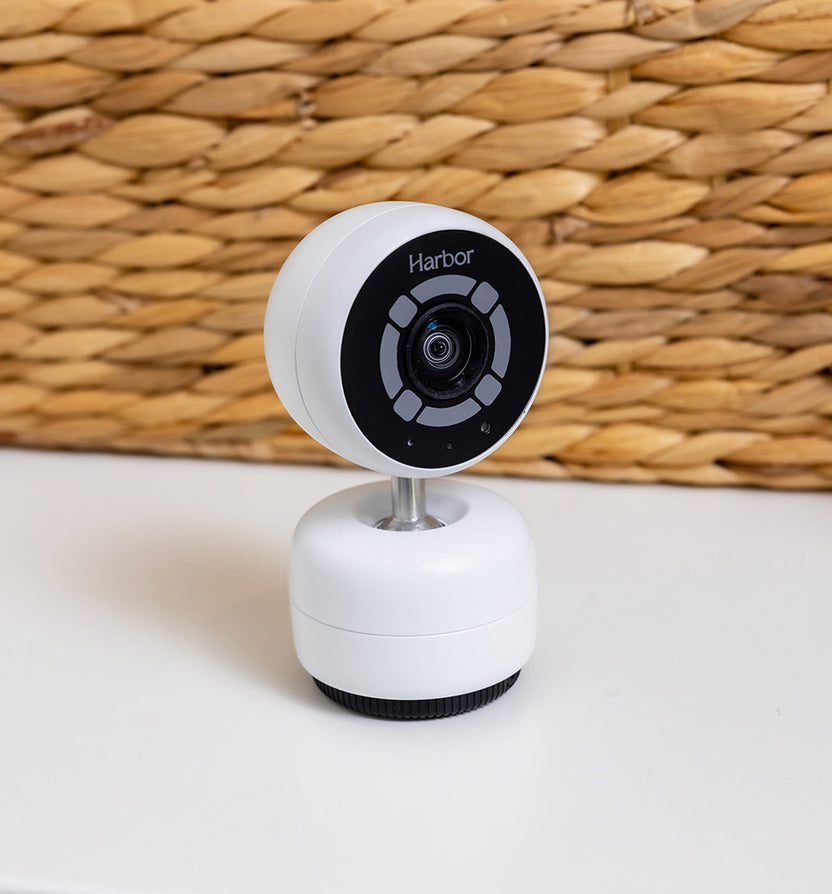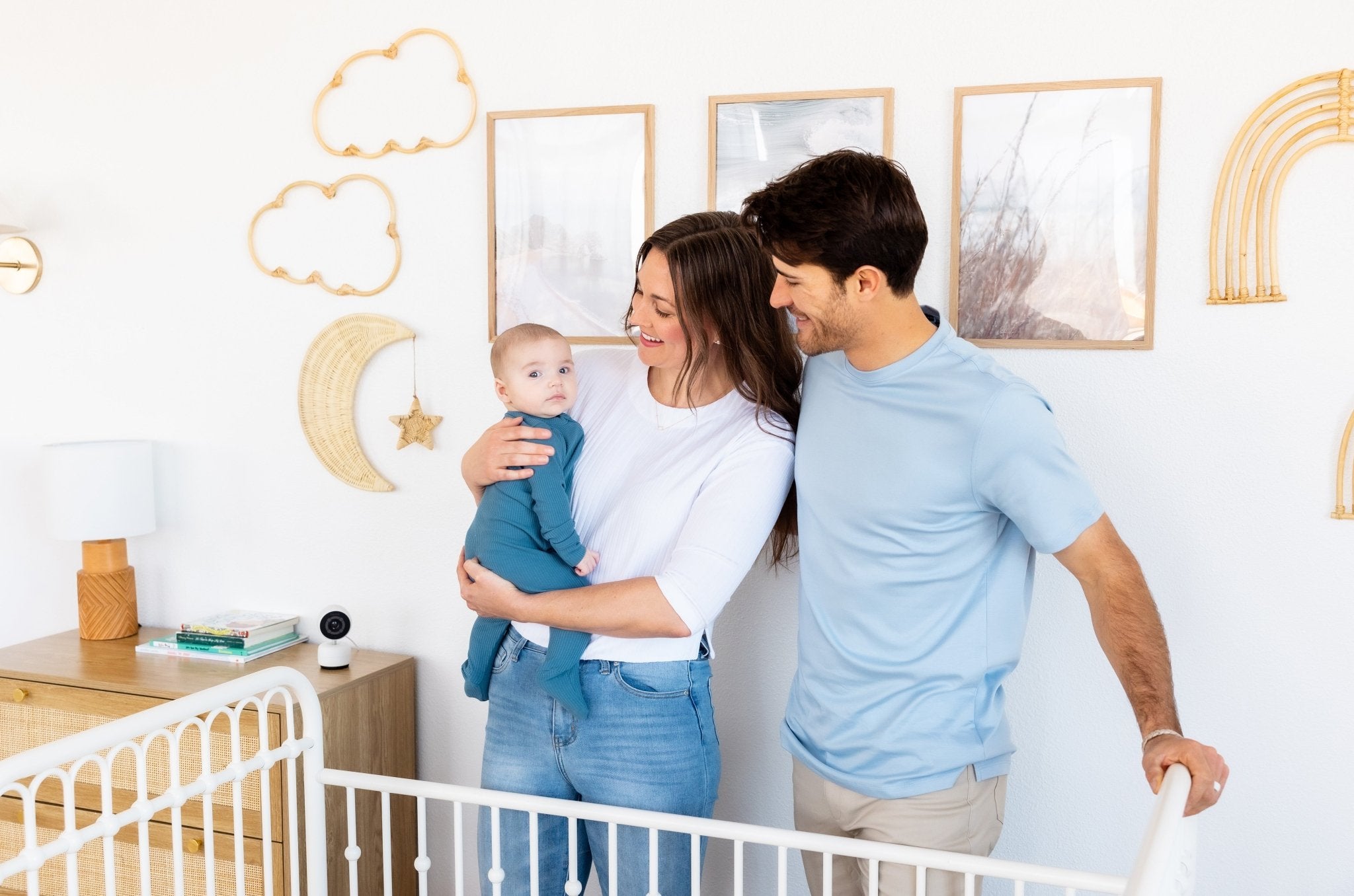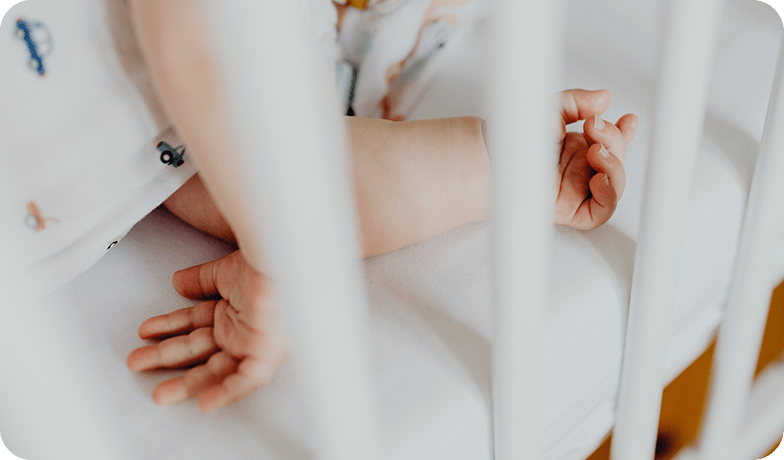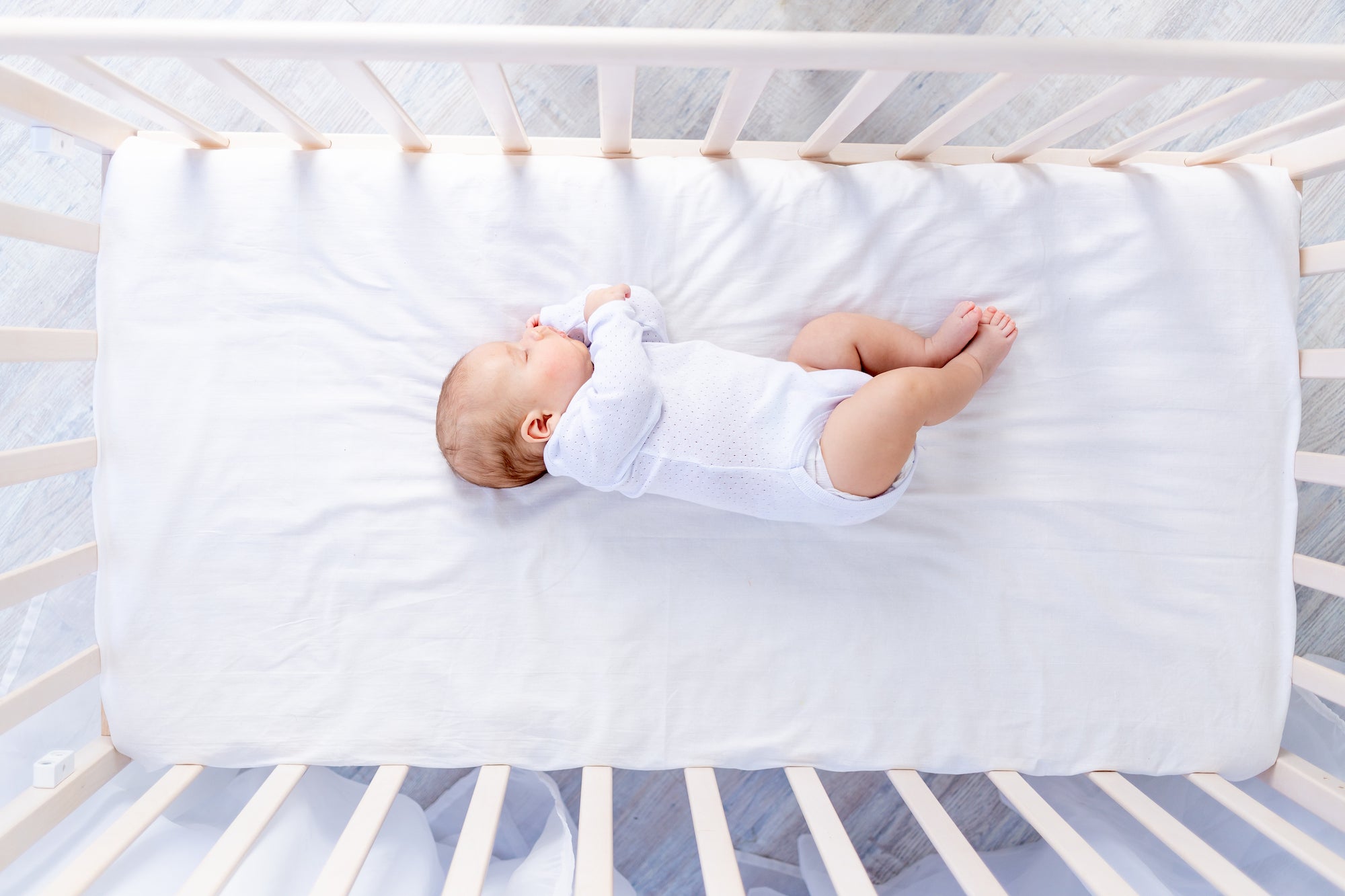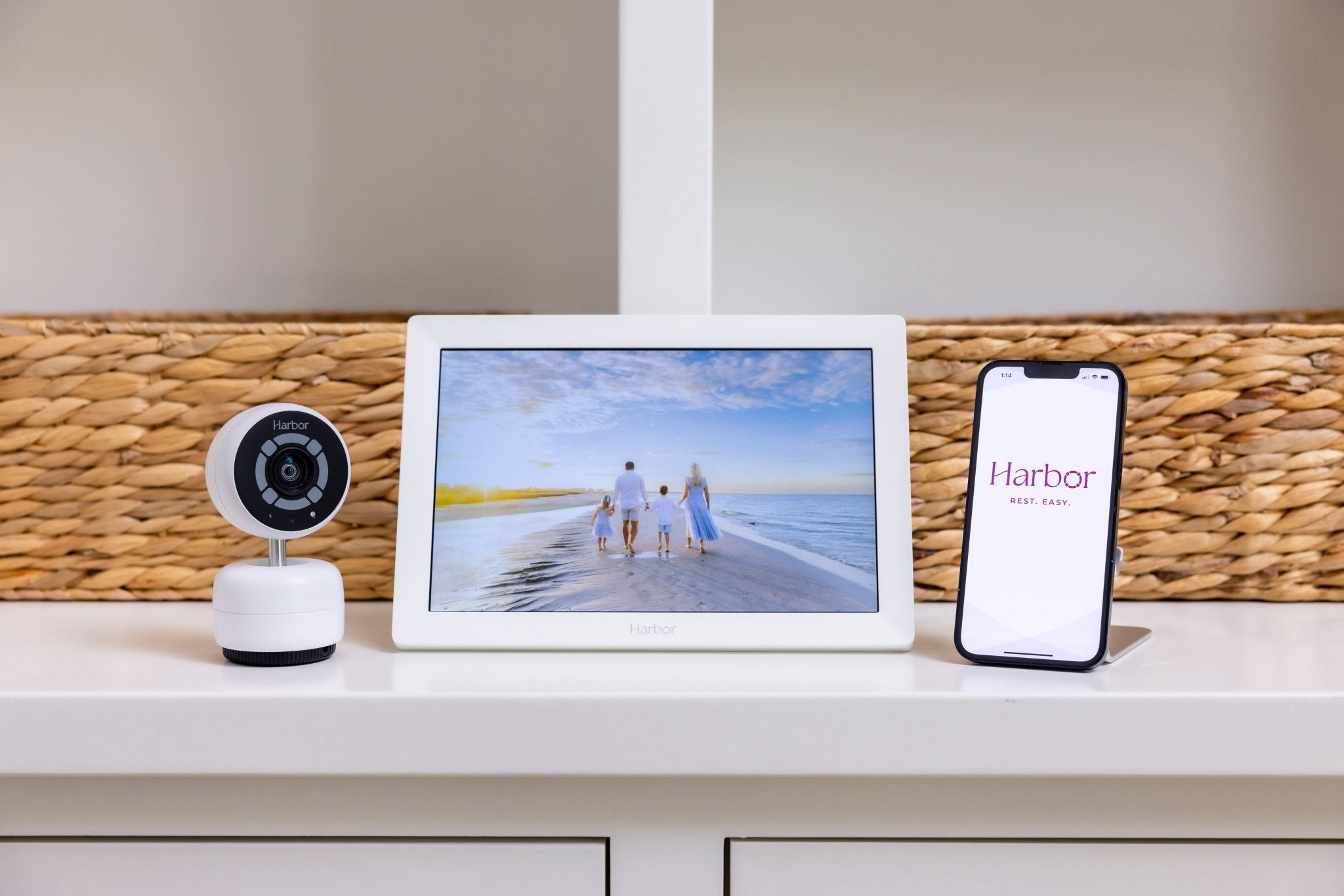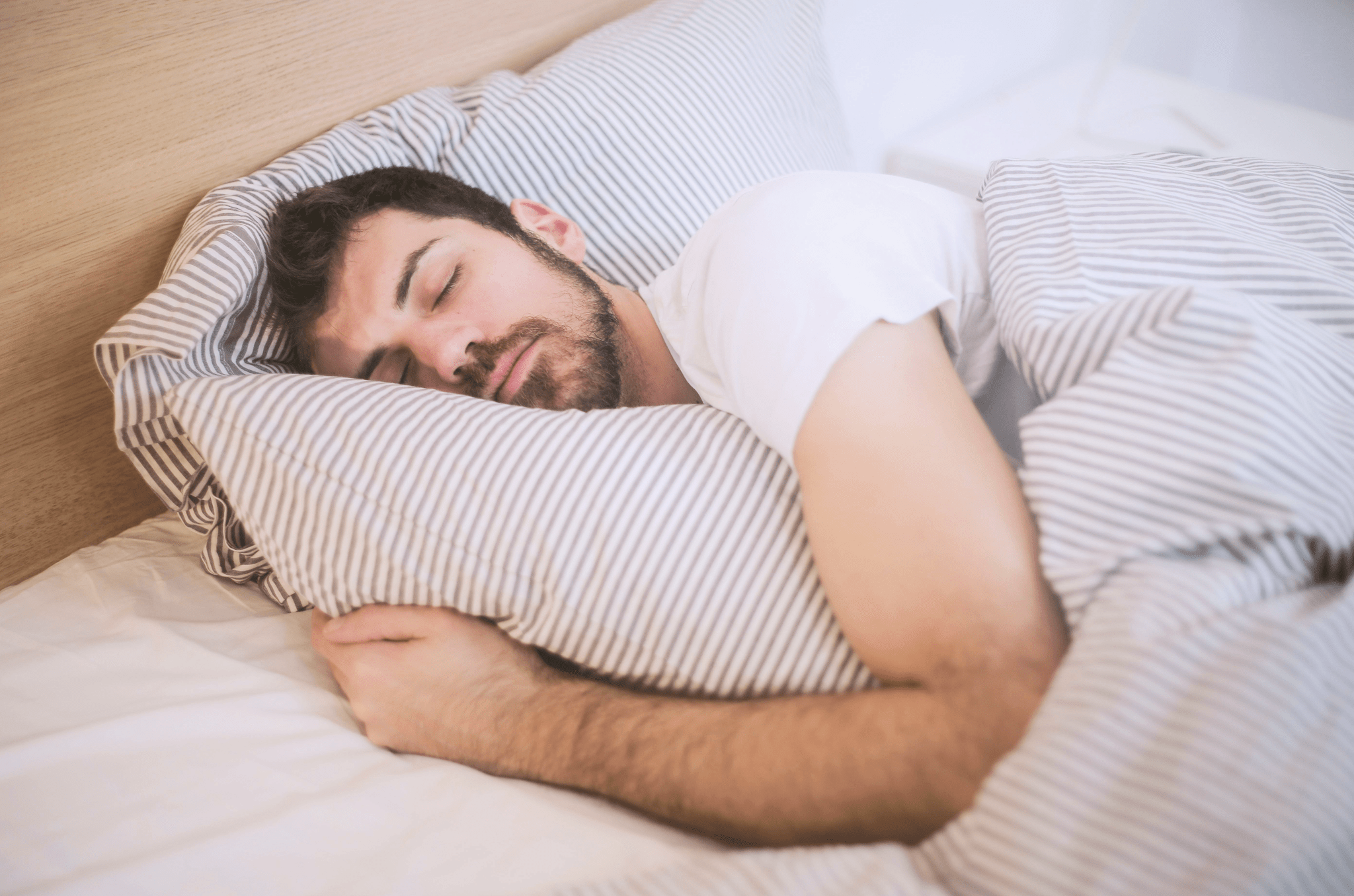
7 Sleep Hygiene Tips for Adults
For new parents caring for little ones, your own sleep can feel like an afterthought. But good sleep hygiene is essential and allows you to show up better for yourself and your family. We started Harbor to create happier parents and healthier families, one restful night at a time. Just as airlines tell you to put your own oxygen mask on first so that you can properly help your family, parents must ensure they are getting enough sleep to be the parents their kids need and deserve!
Here are our team’s top tips for prioritizing your sleep:
1. Establish a consistent sleep schedule
Maintaining a consistent sleep-wake schedule is critical to regulate your body’s internal clock. Going to bed and waking at the same time each day, even on weekends, can make falling asleep and waking up easier and leave you feeling well-rested.
2. Stay active
Regular exercise can improve the quality of your sleep. This doesn’t need to mean going to the gym or consistent high intensity exercise, though. A long walk or an on-demand workout video will do the trick. Avoid vigorous activity close to bedtime, however, as it may make it harder to wind down
3. Optimize your sleep environment
Much like a child’s sleep environment, you’ll want your bedroom to be cool, dark, and quiet. A white noise machine (our Cofounder's favorite is Hatch), a comfortable mattress, and supportive pillows will help, too.
4. Keep your phone out of your room & get an old school alarm clock
Your phone is a dopamine slot machine and, for most, a source of stress and anxiety (what’s one more email before bed or a quick check of the stock market at 2 AM?). Plug your phone in another room, your bathroom, your closet, or even the other side of the house. For parents, Harbor comes with a dedicated monitor, unlike our competitors, you don’t have one less reason to sleep with your phone next to you!
5. Practice stress management
Stress and anxiety can make it harder to fall asleep, stay asleep, and get restful sleep. Mindfulness activities like meditation, journaling, and breathwork can help to regulate your nervous system and unlock better sleep. At a bare minimum, stop checking email and working at least an hour before bed.
6. Limit caffeine and alcohol
While sleep deprivation may lead you to say “yes” to that 3pm coffee, doing so will affect the quality of your sleep later that night. Similarly, alcohol is a depressant that makes you drowsy but leads to fragmented sleep later on. Be mindful of your caffeine and alcohol intake and consider herbal tea or a mocktail as alternatives. Caffeine can take up to 9 hours or longer to fully leave your system while the deleterious effects of alcohol on sleep are extensively documented.
We’re not suggesting swearing off caffeine or alcohol. Cutting off caffeine at least 8 hours before bedtime and limiting alcohol, especially to earlier in the evening, will help sleep. If you’re really struggling with sleep, consider a temporary cessation of caffeine and alcohol until you’re back sleeping regularly.
7. Quantify your needs
Our team at Harbor loves the WHOOP wearable. WHOOP monitors your sleep quality, activity, and recovery to paint a complete picture of your body’s needs. You can use WHOOP’s data to make decisions about workouts (for example, does your body need a low-impact workout or are you ready for something more strenuous?) and sleep. Quantifying your body’s recovery can help you recharge and better cope with the stress of parenthood.
Even though our team loves Whoop for adults, as a reminder, we do not back baby biometric wearables. See more here!
Rest. Easy.
As with sleep training your little one, healthy sleep habits need to be tailored to each person’s needs and lifestyle. If you’re struggling, Harbor’s pediatric sleep coaches can offer additional guidance according to your family’s needs. We’re here to help you create better habits for quality sleep, happier parents, and healthier families.
